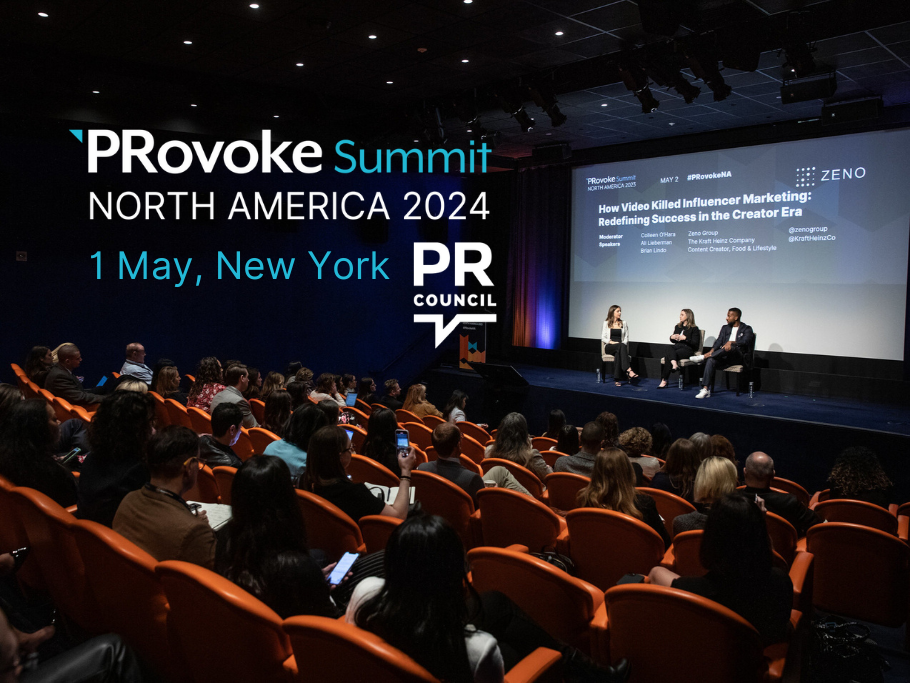We’re all part of the problem, every one of us. Hand on heart, who among us in advertising can stand up and say we’ve not been guilty of easy male stereotyping, portraying men as either invincible and stoic or foolish and hapless?
It’s unimaginative, really. And worse, it’s incredibly damaging.
When I look back at my career and my early years working on Lynx, I’m not proud of my contribution to the legacy that informs how the industry still represents men.
In recent years I have devoted myself to thinking deeply about how advertisers represent men and the repercussions of this. It’s a journey that’s taken me beyond my marketing director and agency roles. I’ve attended and still do, men’s groups and retreats; read and researched extensively; worked as an executive coach and conscious leadership consultant in an effort to understand the pressures men from all walks of life are under in today’s world
Back in adland, perhaps things are slowly changing, but while the Advertising Standards Authority quite rightly took a stand against flagrant gender stereotyping, there’s still a huge amount of work to be done. In particular, in the way many fashion, luxury and grooming/cosmetics brands portray what is aspirational for men.
Ad after ad still shows those expressionless male ‘mannequins’ looking isolated, empty and unflappable. Risk-taking is seen as a masculine virtue, as is virility. Aspirational depictions of success in men’s advertising are built on damaging stereotypes of traditional masculinity: distant, emotionless and sexually dominant over women. It’s a harmful typecast hiding in plain sight.
Stereotypes, mental health and male suicide
Of course, brands should serve men and male interests in their ads, as this is the way to guarantee sustainable economic success. But are they actually doing so?
It would seem not. Our latest research at New Macho showed that seven out of ten men (69%) say they don’t feel represented by brands. And that’s just scratching the surface.
According to a survey from The Book of Man, 56% of men in the UK are suffering from mental illness and 61% of men in the UK aged 25 to 44 have felt lonely in the past year. Stats from CALM confirm the crisis, noting that 42% of UK men aged 18-45 have considered suicide. ONS figures show that in the UK alone, we lose 14 men every day to suicide.
We can add to this the opioids epidemic raised by the NHS, or that millennials in the UK have the second-worst mental wellbeing in the world after Japan.
And yet, my fellow ad industry associates, these are the men we are insisting ‘don’t crack under pressure’. The men we are telling ‘real men get more’. The men we are instructing that it is not aspirational to even crack a smile, let alone engage with other men. This narrow representation of the ‘successful man’ is the hidden stereotype we’re not addressing.
We have to change
As an industry, we have to expand the way we represent aspiration to men before the mental health crisis gets even worse. According to The Lancet, it will cost $16trn globally by 2030.
This isn’t solely down to the ad industry, of course, but we need to accept our part. At the end of the day, brand communications define the aspirational for many men. They look to ads to see what is acceptable or not and what gives them status.
So this International Men’s Day, all brand owners, agencies and marketing authorities have a clear opportunity to celebrate men by moving into deeds, not words.
Yes, the ASA showed us clear guidelines on what to avoid regarding gender stereotypes in our communications, but as yet these ads are still failing to address the success issue. It’s no longer acceptable to belittle men for displaying emotional vulnerability, but we still seem to revere those who do not.
So perhaps it might be a good time to add something new to those 13 ASA guidelines on stereotyping to address this. A Clause 14, which just so happens to be the same number of men who are likely to take their own lives in the UK today, tomorrow and the day after. We need to put an end to ads that imply that to be successful a man must be emotionally impervious, distant and cold, isolated, or dominant over women.
Onboard with New Macho on this initiative is The Book of Man, LADbible, Humen and The Token Man. Our collective aim is to actively help men to breakthrough not to break down. It will take time and planning, but our early conversations with the ASA are encouraging.
Many men still find it difficult to connect with and express their feelings, so as an industry we need to do it together. And in the end, this is not just a cause for men but is about securing a happier and healthier society for us all.
Source: The Drum






Comment
No comments found.